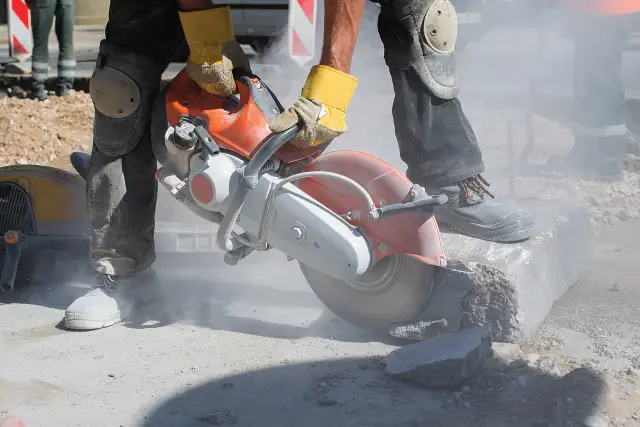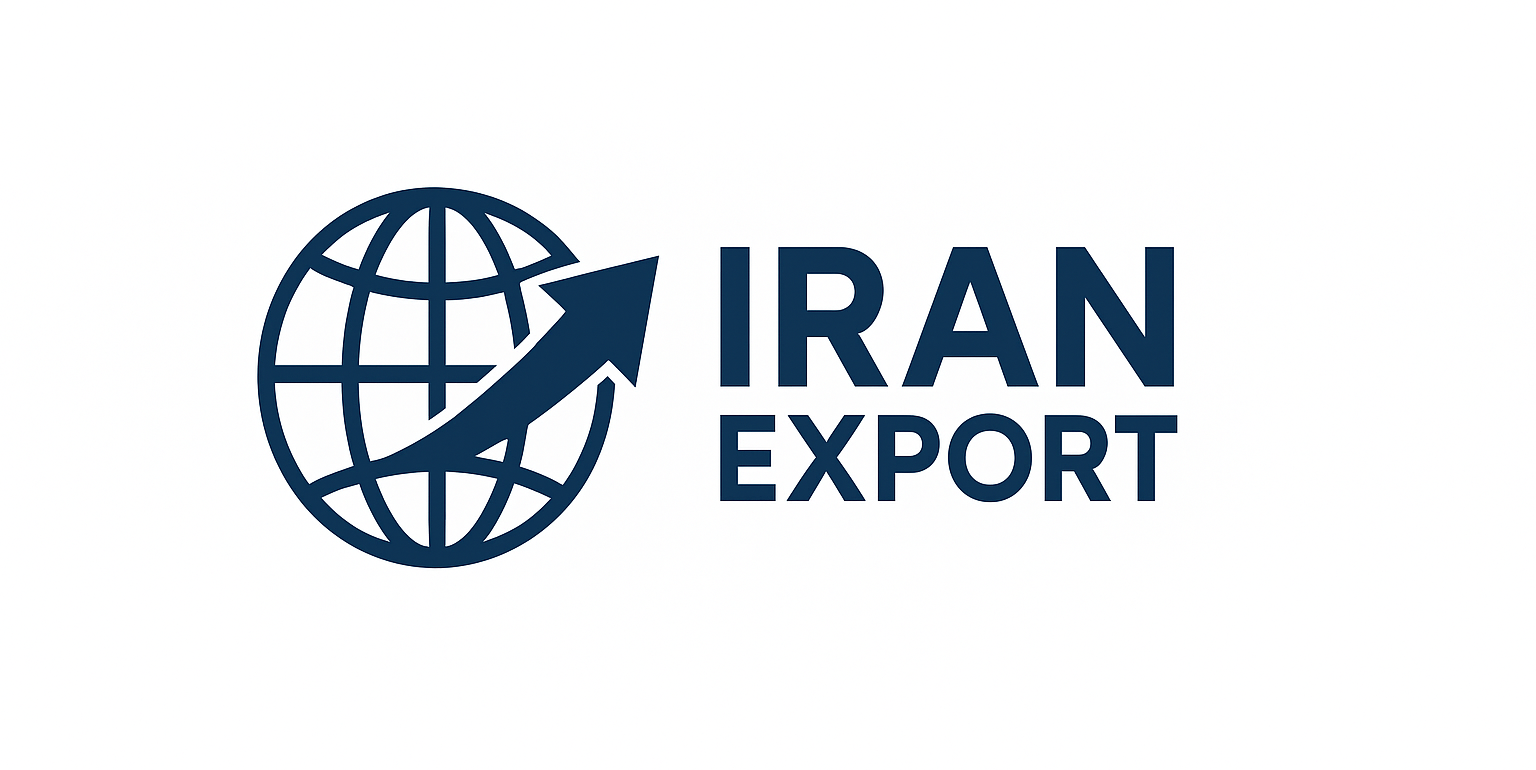
The Role of Iranian Industrial Tools in Construction and Infrastructure Projects
Introduction
The construction and infrastructure sectors are the backbone of economic development, and reliable industrial tools play a pivotal role in ensuring quality, efficiency, and safety in every project. In recent years, Iran has emerged as a key regional producer of industrial tools, offering a diverse range of products designed for construction, civil engineering, and maintenance operations. With advancements in manufacturing technology, strong domestic expertise, and competitive pricing, Iranian industrial tools are gaining increasing recognition across the Middle East, Asia, and Africa.
This article explores how Iranian tools contribute to large-scale infrastructure projects, their technical strengths, and the export potential that positions Iran as a regional industrial hub.
The Growing Construction Industry in Iran
Iran’s construction industry is one of the most active in the Middle East, driven by large-scale infrastructure programs including road networks, bridges, tunnels, energy facilities, and urban development projects. These initiatives have led to continuous demand for durable and high-precision tools — from heavy-duty wrenches and power drills to measuring devices, welding machines, and specialized cutting tools.
The domestic need for such tools has encouraged local manufacturing growth, leading to the establishment of modern factories equipped with CNC systems, heat treatment facilities, and quality control labs. As a result, Iranian manufacturers have become capable not only of supplying the domestic market but also of exporting high-quality tools globally.
Technical Capabilities and Innovation
Iran’s industrial toolmakers have significantly modernized their production processes over the past decade. By integrating computer-aided design (CAD), automated machining, and precision metrology systems, they have achieved international standards of accuracy and reliability.
Some of the most advanced segments include:
-
Construction power tools: drills, grinders, concrete cutters, and impact wrenches.
-
Hand tools: hammers, pliers, spanners, and precision screwdrivers.
-
Heavy equipment accessories: hydraulic fittings, fasteners, and cutting blades.
-
Safety and maintenance equipment: measuring devices, protective gear, and industrial accessories.
The result is a robust ecosystem that supports both domestic infrastructure development and international construction projects.
Iran’s Competitive Edge in the Regional Market
Iran enjoys several advantages that enhance its competitiveness in the regional and global industrial tool markets:
1. Cost-Effective Production
Access to local raw materials, affordable labor, and energy efficiency allows Iranian producers to maintain lower manufacturing costs than many competitors, particularly in Europe and East Asia.
2. Strategic Geographical Location
Located at the crossroads of the Middle East, Central Asia, and the Indian Ocean, Iran serves as a logistical bridge connecting key regional markets. This geographic advantage reduces shipping costs and delivery times to major importing countries.
3. Technical Expertise and Skilled Workforce
With decades of industrial experience and strong engineering education, Iran has developed a skilled workforce capable of maintaining international production standards and continuous technical innovation.
4. Adaptability and Customization
Iranian tool manufacturers are known for their flexible production systems. They can customize product designs, branding, and packaging according to the specific needs of construction companies and distributors in different regions.
Applications in Construction and Infrastructure Projects
Iranian industrial tools are essential in every stage of construction and infrastructure development. Their applications include:
-
Foundation and Concrete Work: Power drills, mixers, and vibrators used for building durable structures.
-
Steel and Metal Fabrication: Cutting and welding tools for bridges, tunnels, and industrial facilities.
-
Electrical and Plumbing Installation: Specialized hand tools and power systems for urban and industrial projects.
-
Road and Rail Construction: Heavy-duty tools used in assembling and maintaining transport networks.
Due to their durability and ergonomic design, Iranian tools reduce downtime and improve worker productivity — critical advantages in large-scale projects.
Export Potential and Global Demand
Iranian industrial tools have already established a strong foothold in neighboring countries, particularly in Iraq, Afghanistan, Oman, and the UAE, and are gradually entering African markets such as Kenya, Nigeria, and Ethiopia.
The key factors behind this export growth include:
-
Competitive pricing and reliable quality
-
Strong regional logistics infrastructure (Bandar Abbas, Chabahar ports)
-
Government initiatives to support non-oil exports
With global infrastructure investment expected to reach $94 trillion by 2040 (according to Global Infrastructure Hub), Iran’s industrial tool sector has significant room for expansion, especially in developing economies seeking affordable, high-quality alternatives.
Challenges and Future Prospects
Despite its strengths, the Iranian industrial tools industry faces challenges such as limited access to certain international financial systems, brand visibility issues, and technological competition from Chinese and European manufacturers.
However, the future remains promising. Strategic measures like:
-
Expanding joint ventures with regional distributors
-
Participating in international trade exhibitions
-
Investing in digital branding and e-commerce platforms
-
Enhancing product certification and export documentation
…can help Iranian manufacturers increase their global footprint and establish themselves as reliable suppliers for infrastructure and construction projects worldwide.
Conclusion
The industrial tools sector in Iran plays a crucial role in both national infrastructure development and regional supply chains. Through technical innovation, competitive production, and expanding export capabilities, Iranian manufacturers are contributing significantly to construction and engineering projects across the Middle East and Africa.
As global demand for cost-efficient, high-performance tools continues to grow, Iran’s industrial tool industry is well-positioned to become a vital partner in building the infrastructure of the future.

